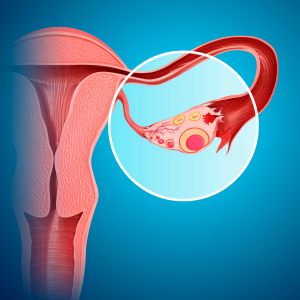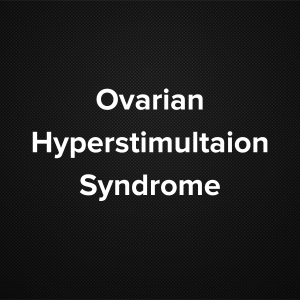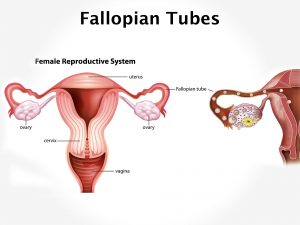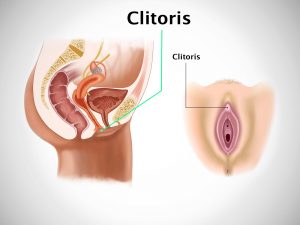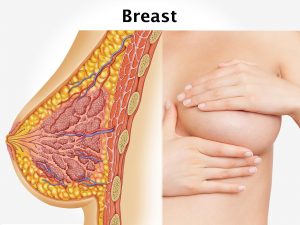If excessive vomiting of pregnancy is not treated adequately, it can lead to complications like renal failure, coagulopathy, atrophy, Mallory-Weiss syndrome, hypoglycemia, jaundice, malnutrition and Wernicke’s encephalopathy among others to the mother.
Hyperemesis gravidarum is the term used to describe excessive vomiting in pregnant women.
Although the exact cause of excessive vomiting is unknown, some theories attribute it to hormonal changes in pregnancy.
Excessive vomiting may result in:
- Loss of weight.
- Dehydration.
- Deficiency of nutrients.
- Problem carrying out daily activities.
- Physical and emotional stress of pregnancy.
Complications of excessive vomiting:
Apart from the complications listed above, it may also lead to birth defects and can increase risk of chronic diseases like diabetes or heart disease later.
How is it diagnosed?
Unnatural weight loss despite efforts to eat, persistent nausea and vomiting onsets in the first or second month of pregnancy and if not helped by normal measures support diagnosis.
How is it treated?
Due to risk of severe dehydration and other complications, excess vomiting is a medical emergency. Antiemetic medications and rehydration along with nutritional supplements is the treatment of choice.
Some suggestions:
- Eat a bland diet.
- Eat as soon as you wake up.
- Use ginger to alleviate nausea.
- Eat foods desirable only in small quantities.








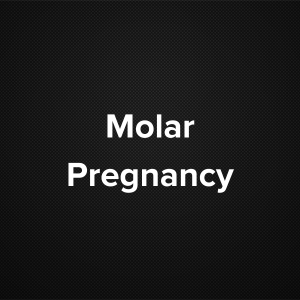



![Lobular Carcinoma In Situ [LCIS]](https://moho.loopshell.com/read/wp-content/uploads/2022/01/Lobular-Carcinoma-In-Situ-Lcis-300x300.png)


